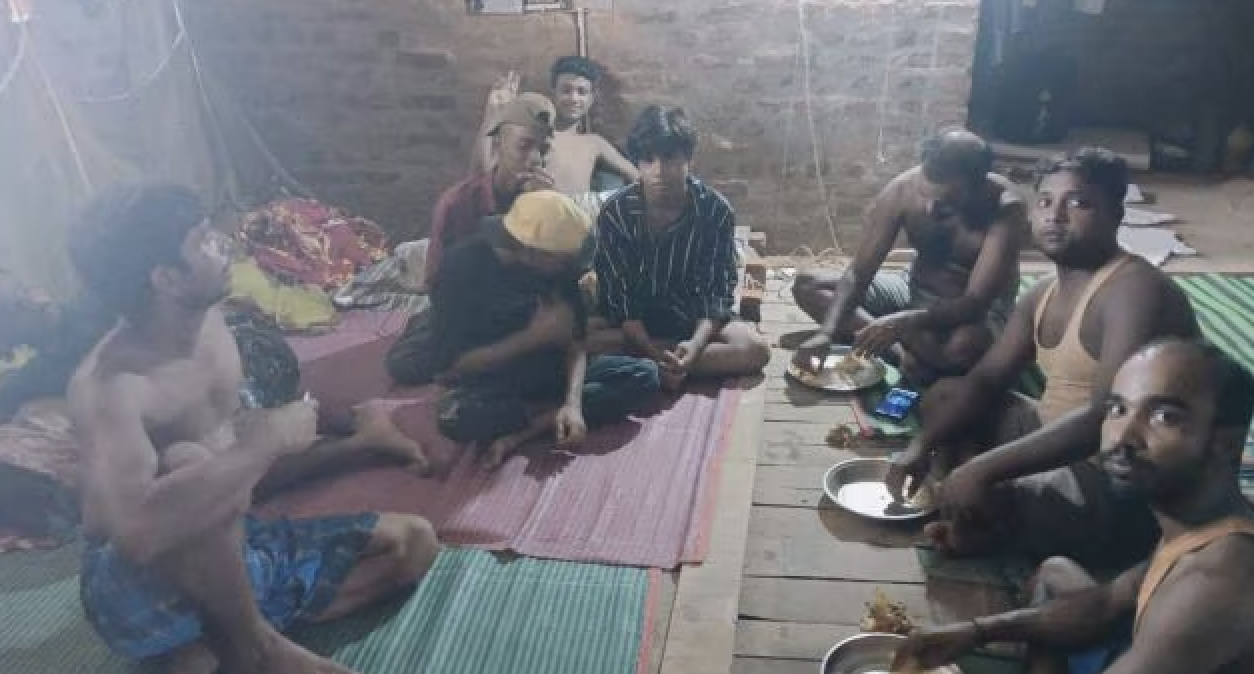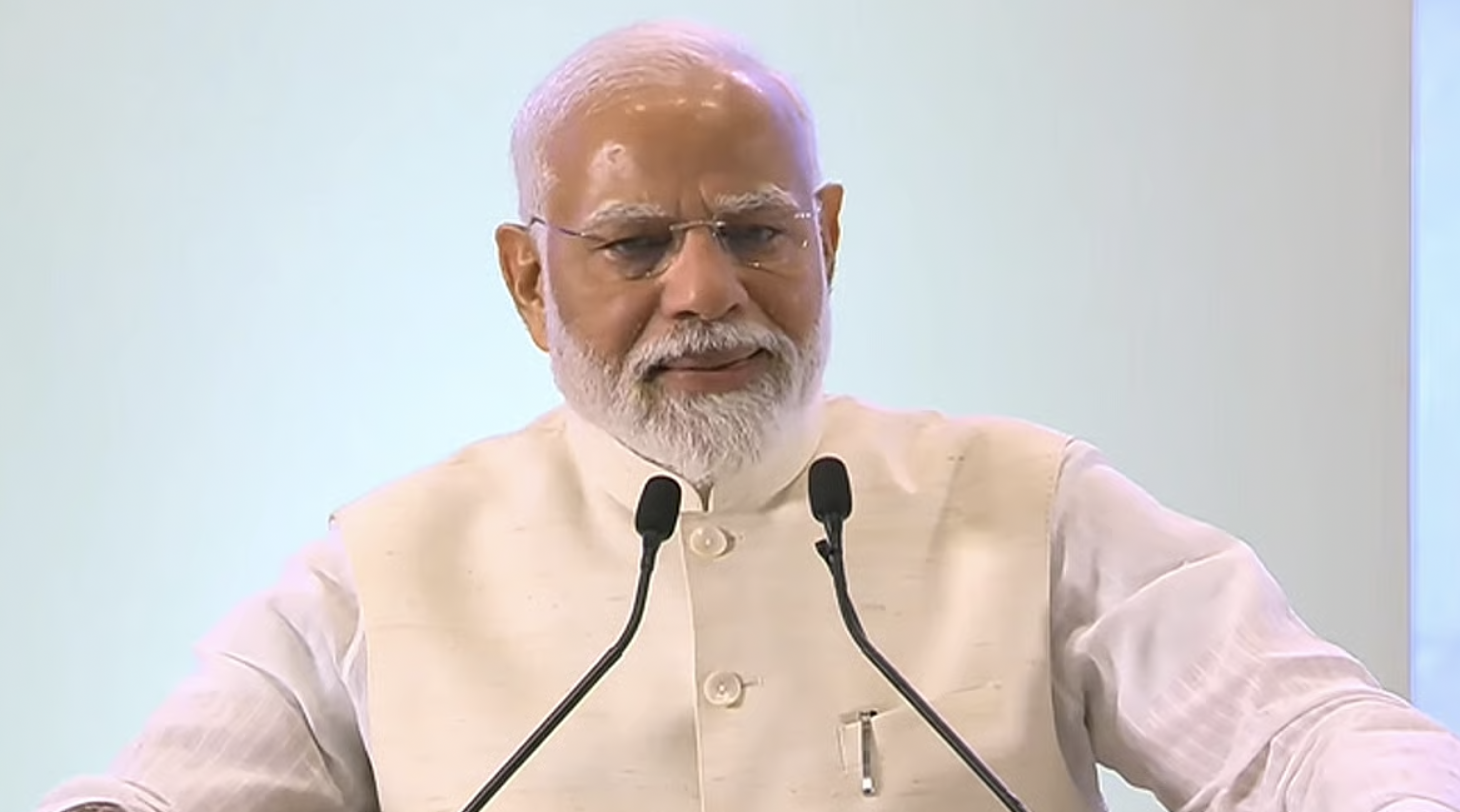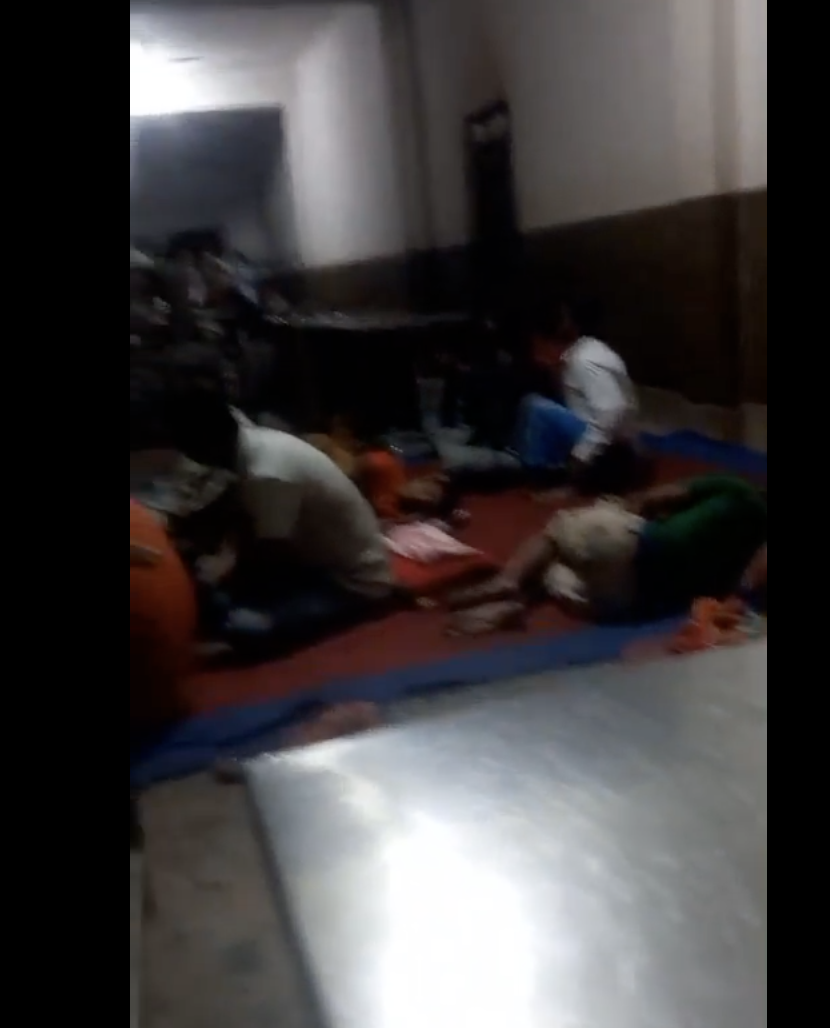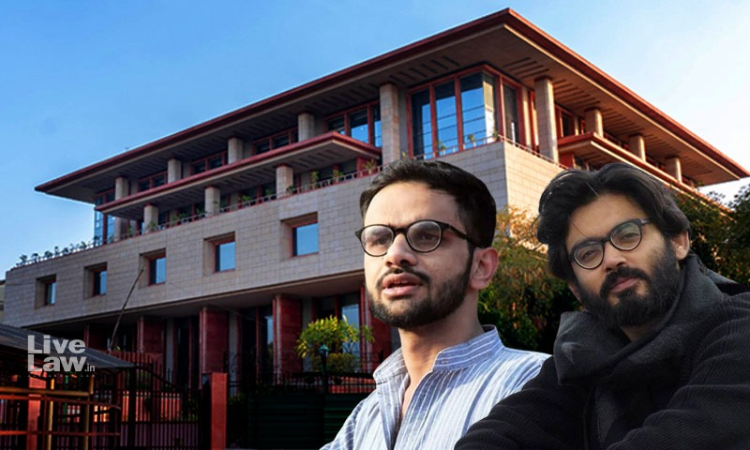By Sylvia Karpagam and Jerald D’Souza
Idrees Pasha was brutally murdered on March 30, 2023 while transporting cattle along with three others, allegedly by a group of self-appointed “cow vigilantes” led by Puneet Keerehalli and other members of the Rashtra Rakshana Pade in Ramanagara district, Karnataka.
It is hard to ignore the innumerable attacks on Muslim and Dalit communities for the transport, sale or possession of cattle and/or beef or even suspicion of doing so. There is an urgent need for a judicial review of the Karnataka Prevention of Slaughter and Preservation of Cattle Act (KPSPCA), 2020.
The BJP government brought in the KPSPCA as a matter of extreme importance and urgency, ignoring the harsh economic and social conditions overtaking the state in the wake of a disastrous pandemic and an even more disastrous lockdown. It was promulgated as an ordinance in January 2021 and passed in the Legislative Council in February by a voice vote despite protests by the Opposition. It came into effect on February 25, 2021.
Loopholes in the framing of KPSPCA
The Act calls for stringent punishment but does not give any explanation on what exactly is the crime, and more importantly, why it is a crime. Those found ‘guilty’ can be imprisoned for no less than 3 years and up to 7 years on conviction with fines of not less than Rs 50,000 going up to Rs 10 lakh.
The underlying presumption is that the cow is sacred and sacrosanct and killing it is automatically considered illegal. By extension, KPSPCA arbitrarily includes in its definition of beef, cattle which includes cow, calf of cow and bull, bullock of all ages and male or female buffalo below the age of 13 years. The KPSPCA doesn’t specify why the 1964 Act was insufficient and what was the need for the stringent nature of the revised law.
Sections 5 and 6 of the Act state that transport within the state or outside the state for the purpose of slaughter is not allowed but will not be construed as an offence if a Competent Authority issues a permit for transport for bonafide agricultural or animal husbandry purposes. Every person who transports cattle for bonafide agricultural or animal husbandry purposes is expected to possess a transport certificate, ownership document and veterinary first-aid equipment.
Purchase of cattle from other states for milch purposes should have a consent letter from an officer not below the rank of the state’s taluk magistrate as well as a transport certificate from the jurisdiction veterinary officer either personally or online.
These two sections are open to abuse and misinterpretation. Since the law came into force, people transporting cattle from their farms to the cattle market or from the market to their farms or for any other purpose have been accosted by the police and vigilante groups as if they are planning to slaughter the cattle. There is no objective way of proving that it was indeed for slaughter. This is as ridiculous as a parent taking a young daughter on a bike being accused of ‘planning’ to take her for child marriage.
Anyone who has come in contact with government machinery knows how painfully slow the process is, not to mention the corruption involved. So this law essentially creates a situation where persons involved in the cattle trade would be unable to meet all the criteria and therefore become criminals under a draconian law irrespective of what they may do to uphold it.
One may say that is a problem with implementation and not with the law itself. In this instance, the law is framed in such a way that there is a high possibility of wrongful interpretation and abuse. Similarly, a person transporting cattle within Karnataka can be accused of ‘planning’ to transport it outside the State-attributing criminal intent even before the crime has occurred, or guilty unless proven innocent.
Section 17, which protects persons acting in “good faith” states that “no suit, prosecution or other legal proceedings shall be instituted against the competent authority or any person exercising powers under this Act for anything which is in good faith done or intended to be done under this Act or the rules made thereunder.”
It is difficult to measure ‘good faith’ within a legal framework. It is even more difficult when there is systemic or structural prejudice against communities which are predominantly dependent on the cattle trade. Further, a ‘competent authority’ is very hard to access in reality.
According to Section 7, “No person shall purchase, sell or otherwise dispose of or offer to purchase, sell or otherwise dispose of or cause to be purchased, sold or otherwise disposed of, cattle for slaughter or knowing or having reason to believe that such a cattle shall be slaughtered.”
This clause is ridiculous because it attributes intent even before an act has occurred. If the FIR states that this person was transporting cattle with the intent to slaughter, then that itself can be considered a crime. This violates rule of law and is only a tool of abuse as we see in Idrees Pasha’s case.
Under Section 7, if the sub-divisional magistrate feels that it is expedient in the public interest to do so, he may sell the confiscated premises in a public auction. In practice, before a transporter is given a fair chance to prove his innocence, the cattle and his vehicle can be sold off. This does not allow the victim any recourse to justice.
Even if at some point he is able to prove his innocence, his assets would have already been sold off. Would he be compensated for the loss of livelihood and days of daily wages? Will the persons who placed false complaints be penalised? Would the victims get their goods back in the same order and condition?
Section 8 allows for the money to be returned if the order of confiscation is annulled but after deduction of expenses of the auction or other incidental expenses. How is this logical or just? If a person is innocent why is he expected to pay the cost of the auction? Shouldn’t the people who falsely accused him be held responsible? Isn’t the sub-divisional magistrate liable for framing an innocent person and not just that, causing him hardship in terms of his livelihood and mental health?
Section 15 states that whoever abets any offence punishable under this Act or attempts to commit such an offence, shall be punished. This section has been used to harass and extort money from a range of persons who are even incidentally associated with the primary accused. The owner of the vehicle, of the cattle, their families, friends and business acquaintances can all be charged with abetment. This opens the door for further extortion and becomes a tool to target and harass entire communities…
This story was originally published in thewire.in. Read the full story here






